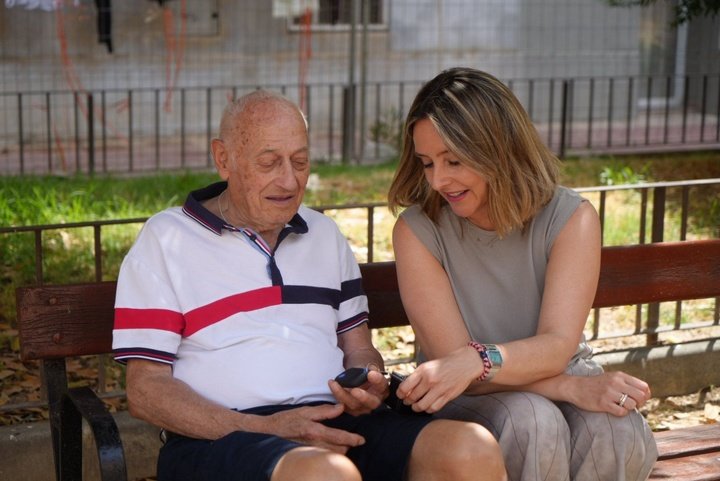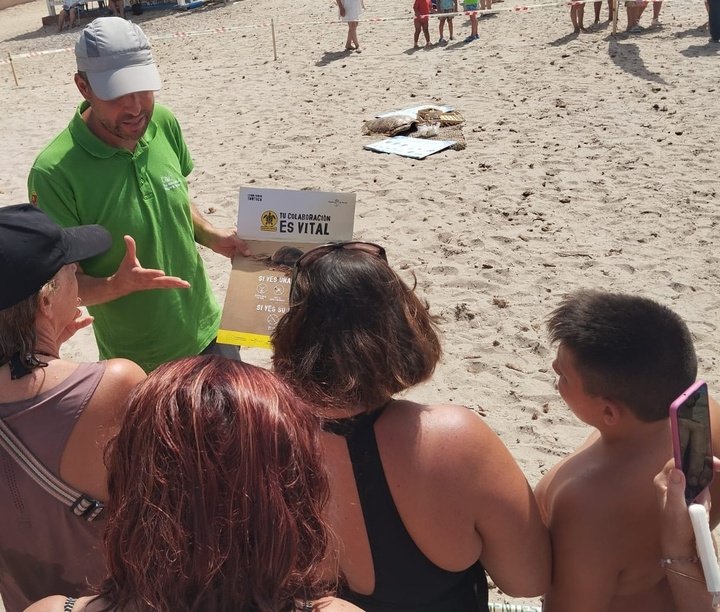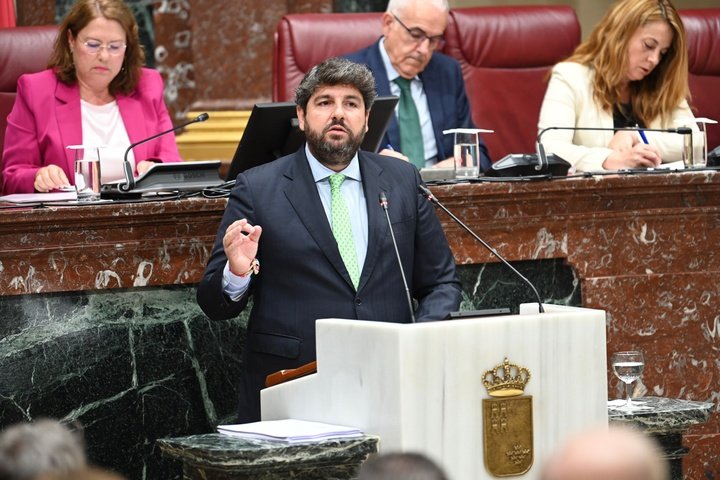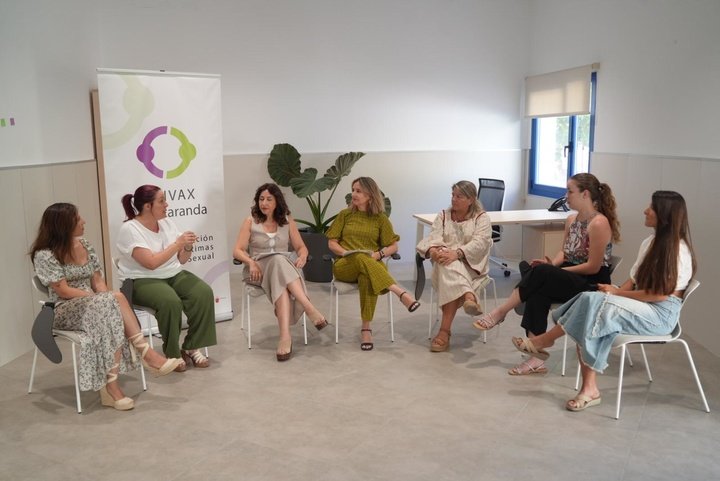
10/06/2025
La Comunidad pone a disposición de las personas con deterioro inicial cognitivo un geolocalizador para reforzar su seguridad
Once usuarios de teleasistencia ya disponen de este nuevo dispositivo que activa una señal de alerta si la persona beneficiaria sobrepasa el perímetro definido por los familiares
El terminal está incluido en el contrato del servicio de Teleasistencia avanzada al que el Gobierno regional ha destinado cerca de 6,5 millones de euros para beneficiar a más de 13.000 usuarios de forma gratuita
La consejera de Política Social, Familias e Igualdad, Conchita Ruiz, during the demonstration of the new teleassistance geolocator
The Community has made available a mobile geolocator for individuals with initial cognitive impairment to promote their autonomy and reinforce their safety when leaving their homes. It is a small device that the user can carry in their pocket, wallet, or keychain, and it emits warning alerts when the beneficiary person moves away from the safety zone previously defined by their relatives.
Currently, eleven users of the teleassistance service have this new device, and the forecast from the Murcian Institute of Social Action (IMAS) is that by the end of the year, it will reach over fifty dependents in the Region.
The Minister of Social Policy, Families, and Equality, Conchita Ruiz, learned about the operation and effectiveness of the device today, accompanying José Paredes, a 94-year-old resident of the Santa María de Gracia neighborhood, and a user of the teleassistance service since February of this year, on his daily route.
Ruiz emphasized that «it is important to stimulate and enhance the autonomy of individuals who are beginning to suffer from dementia, in order to improve their cognitive skills and maintain their independence for as long as possible. With this device, the user can continue with their daily routine of going out, shopping, or going to the day care center, with the peace of mind of always feeling safe and protected.»
She explained that when the geolocator detects that the user has crossed the route perimeter, it sends a direct alert to the Teleassistance center, and the teleoperator contacts the beneficiary person to check if they are okay. Subsequently, the designated family member is immediately notified. If, on the other hand, the family has not defined a safety area on the device, the user continues to be located at all times, as the family can contact the center from the teleassistance terminal installed in the user’s home to know their location.
The Minister highlighted that «this advanced technology is included in the regional teleassistance contract to which the Community has allocated nearly 6.5 million euros, benefiting over 13,000 dependents in the Region, free of charge.» She added that the selection of users eligible for this device is done «based on a personalized care plan that identifies the possible risks or support needs that the person requires during the evaluation process.»
Cognitive Stimulation Devices and Programs
The ‘Prevention and Detection Program for Cognitive Impairment,’ developed by the Ministry of Social Policy through the teleassistance service, aims to promote healthy lifestyle habits and activities for cognitive stimulation at different levels, as well as to offer individuals with cognitive impairment or dementia, and their families, comprehensive care tailored to their needs.
This program also includes the possibility of personalized advice and information, visual adaptation and special signage at home, telephone follow-ups for greater call personalization, the option to mute tones and messages on the terminal in cases where they may cause delusions or hallucinations, and access to a cognitive exercise platform.
This geolocation system complements the one designed for dependents with location and voice communication functions, where the user can activate it and request immediate help in case of an accident or being in an unfamiliar place. Currently, 312 people have this device.





